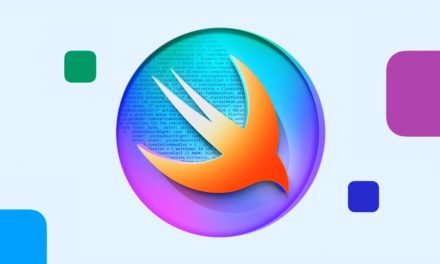Phishing remains one of the most common types of cybercrime. A new report from Atlas VPN says that e-shopbrands were the most often utilized lure by phishers in 2022.
In fact, 60% of e-ship phishing scams exploit Apple’s brand name, according to the report. E-shop phishing scams accounted for 42% of financial phishing cases in 2022, says Atlas VPN.
Keep in mind that Atlas VPN is a premium VPN service. With that in mind, here are the details in the report:
° Companies in the banking and payment system industries were also imitated, but they comprised only around 10% of all financial phishing occurrences each.
° Globally, the popularity of online shopping is increasing, and as a result, more companies are being imitated by phishers.
° One brand is imitated much more often than any other. With approximately 60% of e-shop financial phishing threats in 2022, Apple continues to be the brand that fraudsters most frequently impersonate.
° Another brand that is favored by cybercriminals is Amazon. Amazon, with 15%, stayed in second position as the most imitated brand in e-shop phishing sites and emails. Together with Apple, these two brands appear in around 75 out of 100 phishing attacks.
° While Mercari, MercadoLibre, and eBay brands are also used in phishing scams, they only appear in around 6 out of 100 cases.
° According to current data, while the vast majority of financial phishing scams imitate e-shop brands (42%), payment systems (10%) are also used as a lure by phishing artists.
° In the world of electronic payment methods, PayPal has long been a favorite target for con artists. The vast majority (84.23%) of phishing URLs for electronic payment systems target PayPal.
° As a result, the shares of other payment systems have fallen precipitously, with American Express falling to 2.02% in 2022, Visa decreasing to 3.10%, and MasterCard declining to 3.75%.
The data comes as a courtesy of Kaspersky and is extracted from the devices of Kaspersky security product users. Users voluntarily made the data available, and the data was anonymized. To read the full article, click here.
Article provided with permission from AppleWorld.Today




